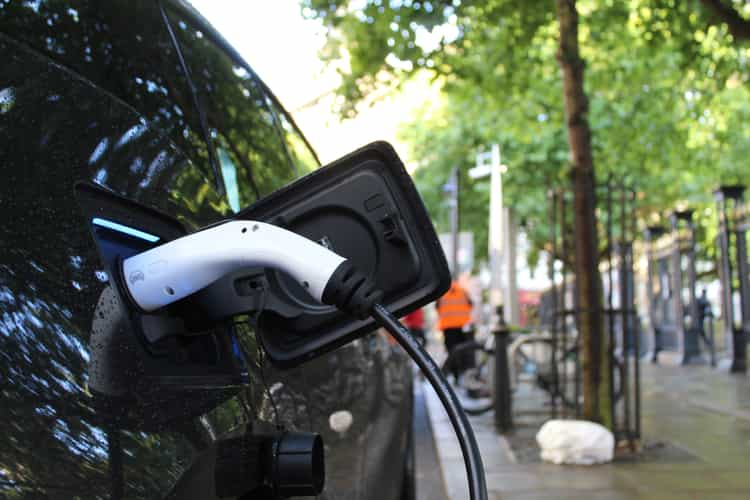
This post is a follow on from last week's post anticipating my attendance at the fully charged event. So my aspirations going into the event were to see how the future of the electric car is shaping up and how it is going to gain more traction and move towards the ambitious targets set out. I found some of the speakers very interesting:
Edwin Owens, US department of energy. In summary:
They are committed to the idea of electric cars.
They have invested heavily in research, especially in the area of batteries.
The future of the electric car is tied to fuel prices - If fuel prices fall, so will the interest in electric vehicles.
Dr. Heike Barlag, Siemens and Green emotion. In summary::
Green eMotions is an effort to synchronise the efforts of all EU countries and their rollout of electric vehicles.
It is not easy to synchronise everyone.
They would like to produce standards that mean you can drive an electric car through Europe, for example charging standards, payment standards, etc. Telemetry standards.
They have been collecting data for a year, but they have not yet got enough information to be able to present results and conclusions about electric car usage in Europe.
Prof CC Chan, University of Hong Kong:
This was a really interesting presentation if a little bit hard to follow. CC actually knows everything about electric vehicles. His presentation was long but very informative. CC also talked about the potential of hybrid vehicles, the image below got a lot of laughs, personally, I think hybrids are the most sensible option at the moment.
James Francfort, Idaho National Laboratory, US Department of Energy :
James has all the data. They have been running GPS tracking and telemetry data loggers in USA in the USA since 1994. They have collected data from over 13000 vehicles and he was able to present the conclusions of this data.
My conclusions:
I was going to the event wondering if I would see how electric cars are about to take off and start hitting the targets like 10% of all vehicles being electric by 2020. The realistic situation in bullet points is as follows:
- When people drive electric cars, they definitely like them. they are great to drive.
- Batteries are viciously expensive... Which means the cars are expensive. There is no easy way out of this unfortunately
- Electric cars are doing well only where the incentives for them are strong. For example in busy cities where EVs can park for free, and use the bus lane.
- Government financial grants help a little bit, but the nonfinancial incentives seem more important
- Electric cars work for commuters (as long as you have your own driveway or garage! not so well if you need to park on the street)

Photo by Andrew Roberts on Unsplash




